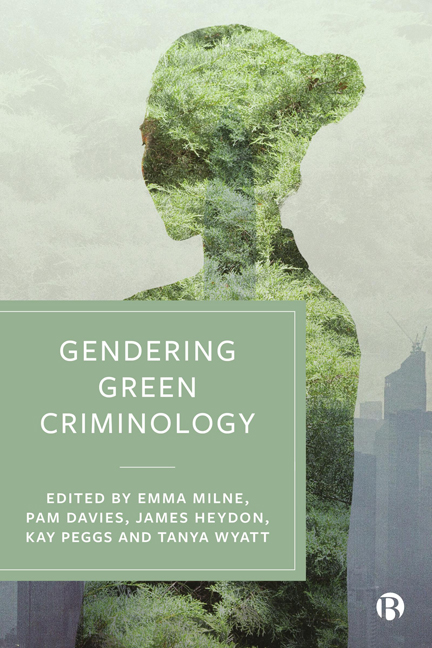6 - The Attitudes of People with Different Gender Identities and Different Perceptions of Gender Roles towards Nonhuman Animals and Their Welfare
Published online by Cambridge University Press: 28 March 2024
Summary
Introduction
The UK claims to have a long tradition of animal welfare, including the creation of the world's first animal welfare charity, the Society for the Prevention of Cruelty to Animals, which was founded in 1824 and which became the Royal Society for the Prevention of Cruelty to Animals (RSPCA, 2022). The UK also claims its legislation goes beyond European Union (EU) requirements (World Animal Protection, 2020). Yet, 6.4 billion nonhuman animals are killed annually to support the UK food supply (Animal Clock UK, 2020) and more than 3.4 million animals were used for the first time in experiments in 2018 (Animal Aid, 2018). Jail terms for animal cruelty in England and Wales are the lowest in Europe (Bell, 2017). In order to decrease and ultimately eliminate nonhuman animal suffering, there needs to be better understanding of attitudes towards nonhuman animals. While previous studies have explored attitudes towards nonhuman animals using a range of variables, those that have studied gender as a variable have used the traditional binary definition of gender, ‘men’ and ‘women’ (Wells and Hepper, 1997; Evans et al, 1998; Woodward and Bauer, 2007; Lee et al, 2010; Tesform and Birch, 2013; Kendall et al, 2016; Byrd et al, 2017; Knight et al, 2017). These studies found that women are more likely to be concerned with nonhuman animal suffering (Wells and Hepper, 1997; Evans et al, 1998).
However, gender is not a biological construct or even a distinct category. Butler (1990: 31) defines gender identity as ‘a performative accomplishment compelled by social sanction and taboo. … Gender is … an identity instituted through a repetition of acts’. While she recognises the limits to how much agency individuals performing gender can have (Butler, 2004), the idea of gender as a performative accomplishment redirects the attention from internal individual matters towards interactional and institutional realms (West and Zimmerman, 1987). Thus, gender identity becomes a matter of both bodies and cultures (Fausto-Sterling, 2019). The recognition of non-binary (NB) gender identity is relatively recent, with Australia offering a third gender ‘X’ option on all passports in 2011 (The Guardian, 2011), and the state of Oregon in the United States recognising non-binary gender identity in 2016 (Shupe, 2016).
- Type
- Chapter
- Information
- Gendering Green Criminology , pp. 97 - 118Publisher: Bristol University PressPrint publication year: 2023



